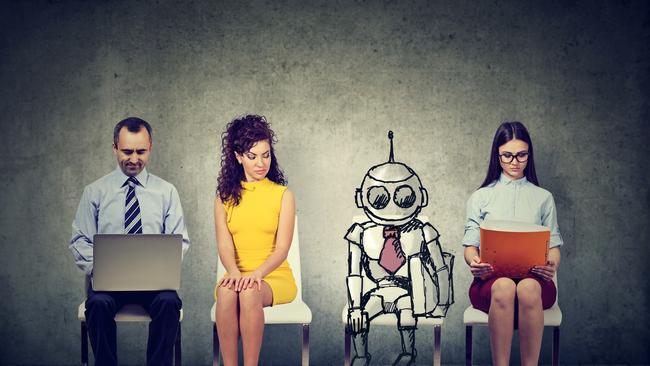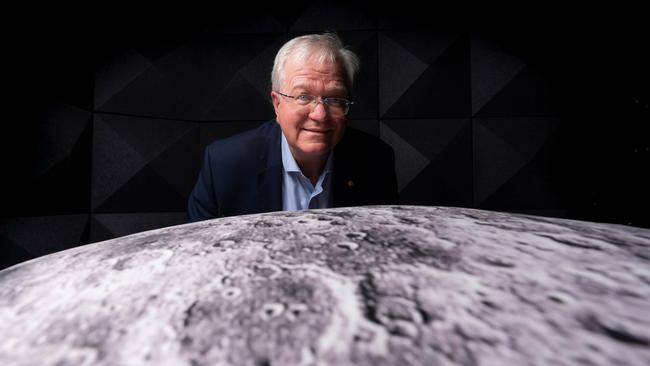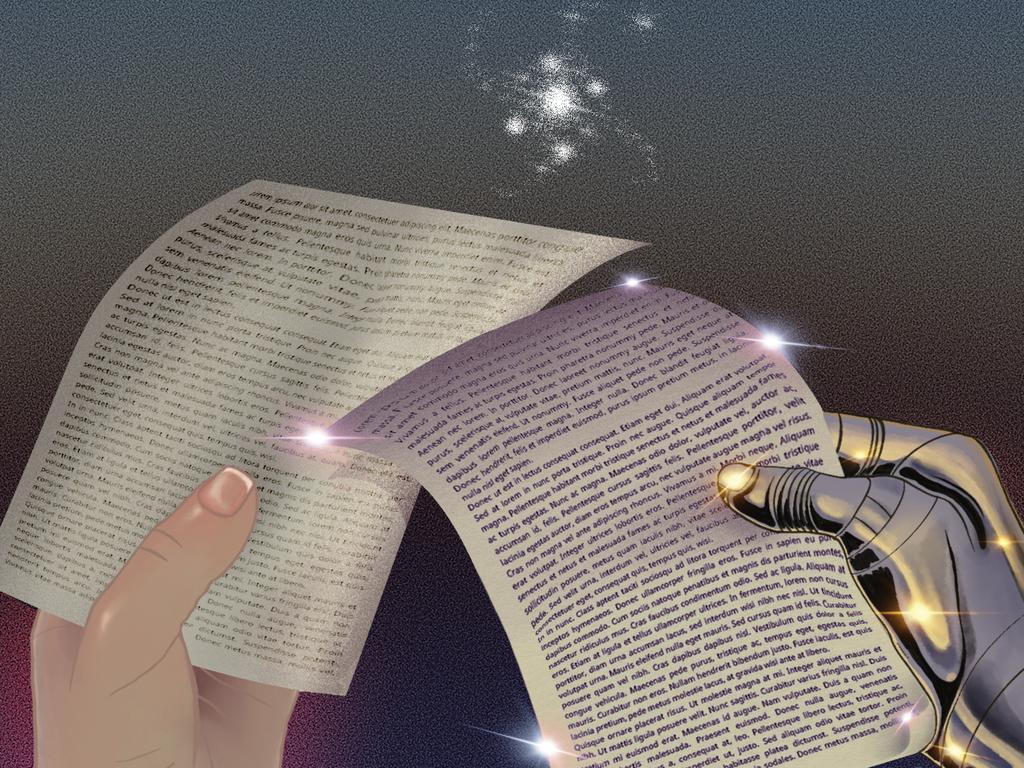AI could render humans ‘helpless’ unless they learn to master machines, Nobel Laureate warns
‘The humans still need to learn’. Why one of Australia’s most eminent scientists is wary of artificial intelligence (AI) in schools.

Nobel laureate Brian Schmidt has called for caution on the use of artificial intelligence in schools, warning that AI could result in a “learned helplessness’’.
“The humans still need to learn,’’ Professor Schmidt told The Australian in his first major interview since stepping down as vice-chancellor of the Australian National University in December last year.
“If we just rely on AI to do everything for us, then how are we going to learn?”
Professor Schmidt – awarded the Nobel prize in physics in 2011 for discovering that the universe is expanding at an increasing rate – said he would embrace AI for his own research, to process terabytes of data.
But he said he worried AI could bring about a “learned helplessness” unless children first learned to master literacy and numeracy.
“There’s a kind of learned helplessness in that we’re going to not learn to think,” he said.
“I think it’s a real danger. My way of dealing with AI is to give people an understanding of it, but use it to help people learn rather than to just get the answers.”

Professor Schmidt predicted that AI eventually would be able to assess children’s knowledge “much more accurately than some standardised tests, like NAPLAN, that we give kids right now”.
One in three children failed to meet baseline standards for literacy and numeracy in last year’s NAPLAN, which tests the reading, writing and mathematics ability of every Australian child in years 3, 5, 7 and 9.
Professor Schmidt said during his eight years as a vice-chancellor he had observed many students were leaving high school without a solid grasp of literacy and numeracy.
He said the OECD’s Program for International Student Assessment – a global test of 15-year-olds’ knowledge in reading, science and mathematics – showed Australian students were performing at a lower level than students who sat the test 20 years ago.
“They’re doing better than in America, but they’re not doing nearly as well as they were doing 20 years ago,” Professor Schmidt said.
“I do think that Australia needs to be striving to have an education system that’s at least as good as it was in the year 2000 when we did the first PISA test. You can really see that it’s slipping.”
Professor Schmidt said education was the key to Australia’s economic prosperity.
“We don’t have the economic might of the United States,” he said. “If we allow two-thirds of our students to get a subpar education, then I think it’s going to really hurt us.
“You need to be able to harness machines … if you are educated to a level where you cannot do that, then I think it’s going to be a pretty tough next 25 or 30 years with respect to getting a job and a career, and having a good life.”
Professor Schmidt said Australia’s top-performing school-leavers are “still very good” but he was concerned about the average high school graduate’s literacy and numeracy.
“I think they are coming out (of high school) without the level of literacy and numeracy that they need to survive in the next 20 to 30 years when all of this machine learning comes into jobs,” he said. “It is only those people who can essentially harness the machines who are going to have a very secure future – everyone else is going to be fighting for a job or a career that may or may not exist in the future.
“What we want is a system that’s a bit more aspirational, that really seeks to be excellent, so that every Australian has an opportunity to get an absolutely outstanding education that is aligned to their interests and ability.”
“It’s a decades-long process to get it right, but we just tend to flip and flop and change.’’







To join the conversation, please log in. Don't have an account? Register
Join the conversation, you are commenting as Logout